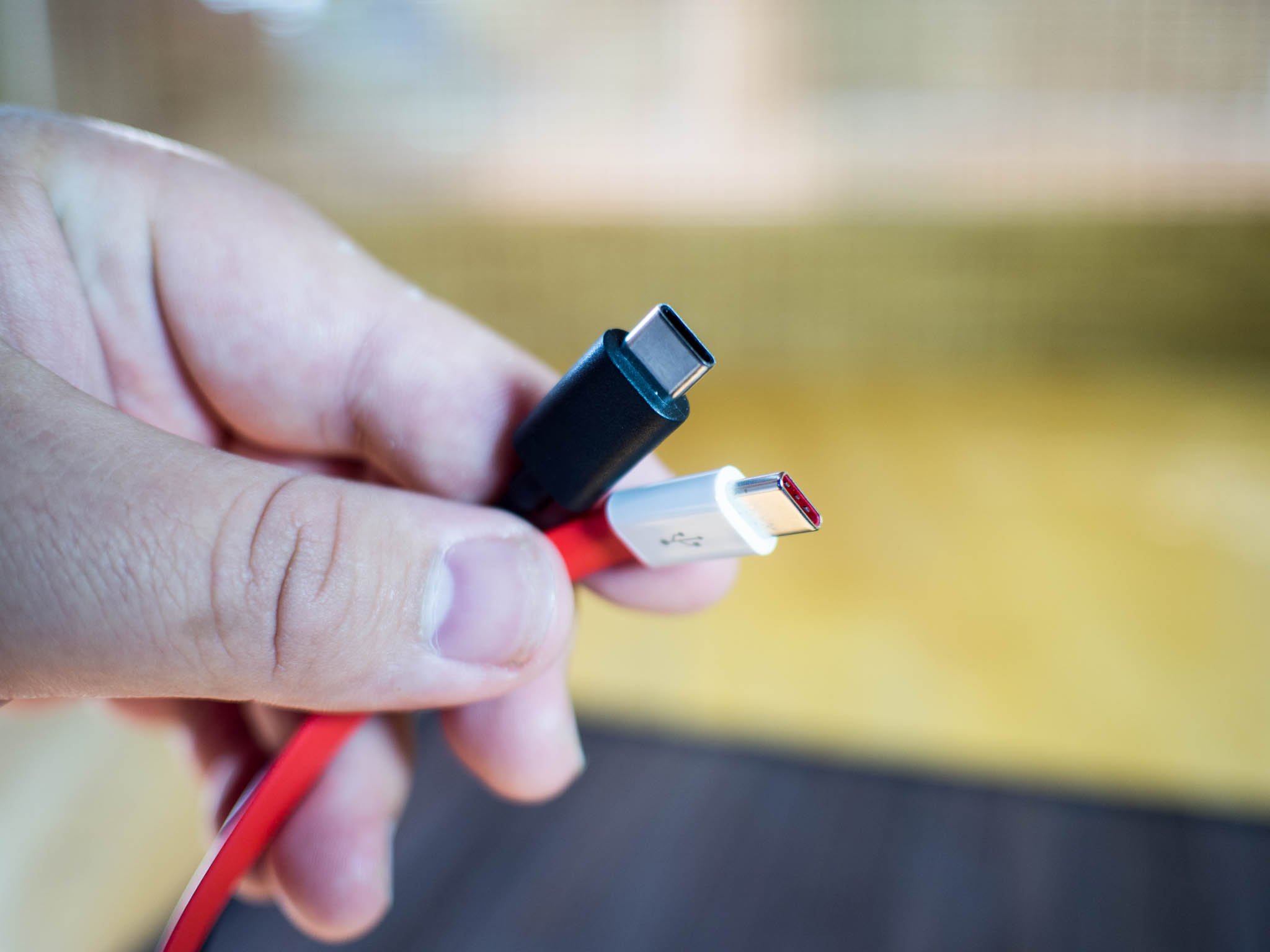New USB Type-C Authentication spec can stop faulty cables before they do damage

All the latest news, reviews, and guides for Windows and Xbox diehards.
You are now subscribed
Your newsletter sign-up was successful
The USB Implementers Forum (USB-IF), which is in charge of certifying standards-compliant USB devices, has announced a new protocol that seeks to prevent non-compliant USB Type-C cables from doing damage to a connected device.
Through what has been dubbed the USB Type-C Authentication specification, devices like phones and tablets will be able to confirm the authenticity of a connected USB-C device or charger. Through the authentication protocol, devices can then set rules that could, for example, keep data safe by only allowing connected cables to charge. As a second method of protection, devices could also be set to disallow charging through non-compliant cables.
USB Type-C Authentication empowers host systems to protect against non-compliant USB Chargers and to mitigate risks from maliciously embedded hardware or software in USB devices attempting to exploit a USB connection. For a traveler concerned about charging their phone at a public terminal, their phone can implement a policy only allowing charge from certified USB chargers. A company, tasked with protecting corporate assets, can set a policy in its PCs granting access only to verified USB storage devices.
The authentication process occurs the "moment a wired connection is made," says the USB-IF. So, in other words, no data or power will be exchanged until the connected device is authenticated.
The new specification is welcome news in light of recent problems surrounding faulty USB-C cables on the market. For its part, Amazon recently cracked down by banning the sale of bad USB-C cables. Google engineer Benson Leung has also led the charge in testing hundreds of cables after a non-compliant one ruined his Chromebook Pixel tablet. While the new protocol won't impact cables already on the market, we'll hopefully begin to see cable makers adopt the specification going forward.
All the latest news, reviews, and guides for Windows and Xbox diehards.

Dan Thorp-Lancaster is the former Editor-in-Chief of Windows Central. He began working with Windows Central, Android Central, and iMore as a news writer in 2014 and is obsessed with tech of all sorts. You can follow Dan on Twitter @DthorpL and Instagram @heyitsdtl.
